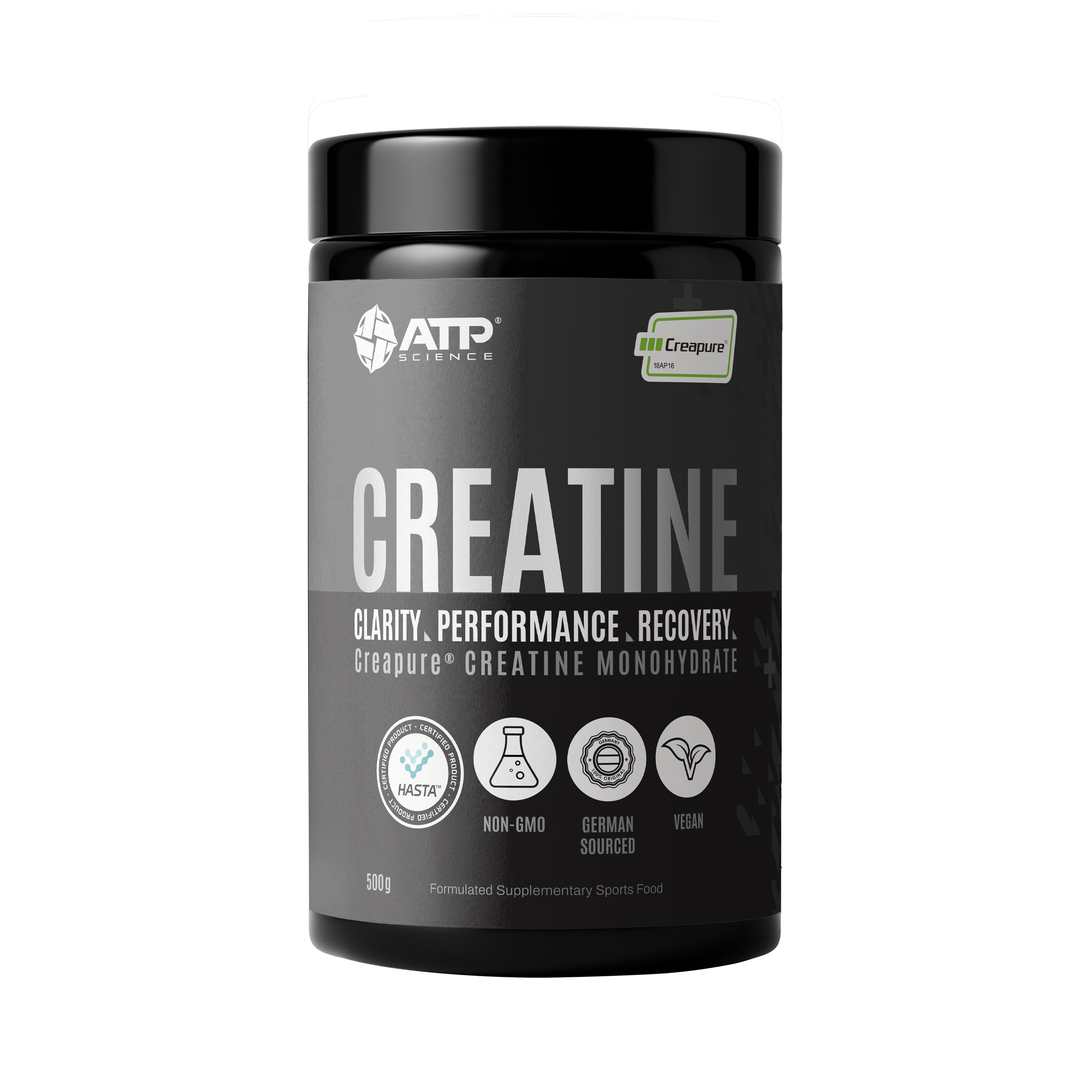Cortisol Awakening Response - One of the best ways to support the health of our body and our mind each day is to prioritize our morning routine. Particularly now as we are all adapting to changes in our daily lives, having a healthy morning routine can be our anchor in overwhelming or uncertain times.
The choices we make in the morning can have a cascade of impacts on various systems and consequently our health resilience across the day. As a practitioner, assessing the waking routine is particularly important for us to understand our ability, or potentially reduced ability, to make cortisol in the first hour of the day. This window is otherwise known as the Cortisol Awakening Response (CAR).
What is Cortisol Awakening Response
The CAR is thought to reflect the sensitivity of the Hypothalamic Pituitary Adrenal (HPA) axis to a natural biological challenge, which is the awakening. It is within such awakening-induced processes however, that the CAR may also play a pivotal role in alertness, hormonal changes and modulating the immune and nervous systems.
When we open our eyes on waking, cortisol levels should naturally begin to rise by an average of 50%. In the 30 minutes after waking, there still should be a sharp, normal increase shown. By the 60-minute mark cortisol levels have peaked and now begin to decline. This should be a relatively natural CAR. However, we know based on our assessment of the individual symptom picture, not everyone’s cortisol will be following this natural intended curve.
Through assessing and sometimes measuring this rise and fall of cortisol at waking, we start to understand the stress response at critical points in our circadian cycle and the overall function of the HPA axis.
Cortisol Awakening Response - what does the research say?
There is growing body evidence for associations of the CAR with a variety of psychosocial factors as well as physical and mental conditions and associated risk factors. From a symptom picture, we start to question things that may impact the CAR such as sleep irregularities, the energy within the first hour of waking, feelings of anxiousness or panic on waking or alternatively feelings of apathy or depressed mood on waking.
It is no surprise then that our morning routine is essential to our wellbeing based on the constant incoming stimuli even within the first few moments of waking. Our ability to cope with the habitual ‘stressors’ in our lives is influenced by a multitude of factors. However, there are ways we can continue to support healthy stress response and improved resilience, and that often starts with prioritising our mornings.
My top tips for starting your day right –
- Adequate light (whether it be full-spectrum light bulbs or a light-based alarm clock) immediately on waking – the light signals to our brain to initiate the natural rise of cortisol
- Going outside with the natural sunlight and having that direct morning sun exposure for at least 5-10 minutes
- Try and get out of bed soon after your eyes open – this will further signal to your body to initiate a healthy CAR (cortisol awakening response)
- Avoid scrolling through your phone or turning the television on within the first 30-60 mins
- Move your body – even if it’s for 10 minutes of stretching/yoga poses. Find ways to inject some natural movement first thing
- Mindfulness practices centered around some deep breathing is such an important way to support a healthy stress response – particularly if you wake with anxiety, panic or worry
- Have a gratitude practice; whether you write this down in a journal or say it to yourself, the health benefits of a daily gratitude practice are endless
- Eat a nourishing and healthy breakfast – our body requires nourishment in the form of adequate macro and micronutrients
References
-
Clow A, Hucklebridge F, Stalder T, Evans P, Thorn L. The cortisol awakening response: more than a measure of HPA axis function. Neurosci Biobehav Rev. 2010 Sep;35(1):97-103. 4.
-
Dedovic K, Ngiam J. The cortisol awakening response and major depression: examining the evidence. Neuropsychiatr Dis Treat. 2015
-
Fries E, Dettenborn L, Kirschbaum C. The cortisol awaking response (CAR): Facts and future directions. International Journal of Psychophysiology 2009 Apr, 72(1):67-73
-
Powell DJ, Schlotz W. Daily life stress and the cortisol awakening response: testing the anticipation hypothesis. PLoS One. 2012;7(12):e52067.

















